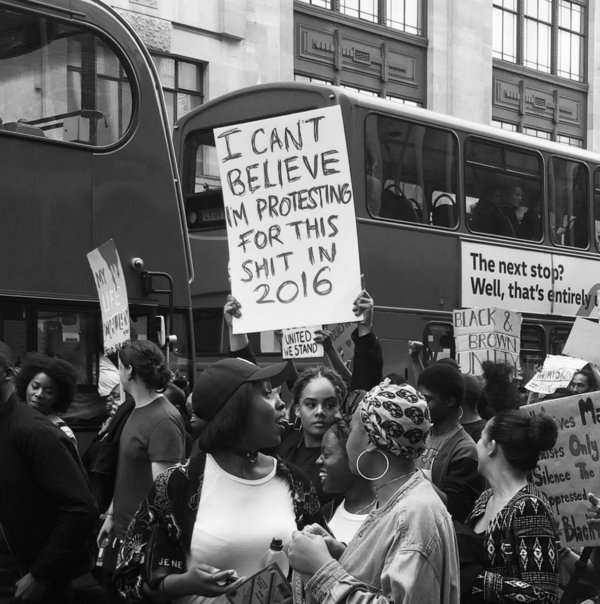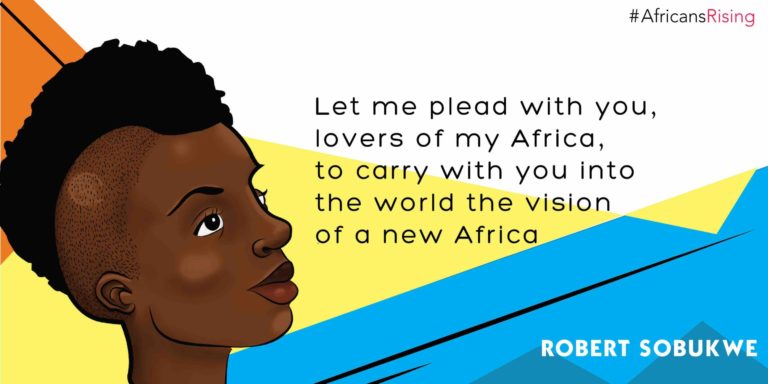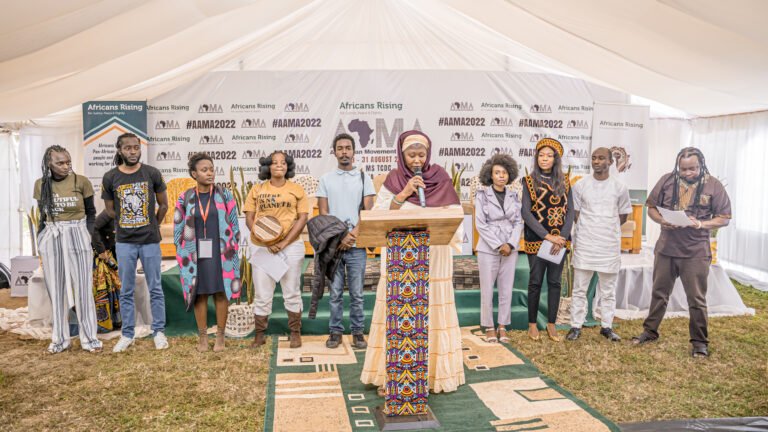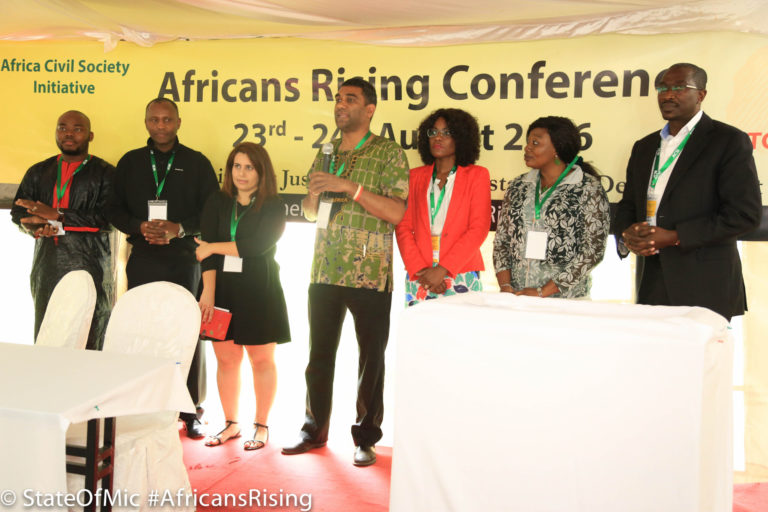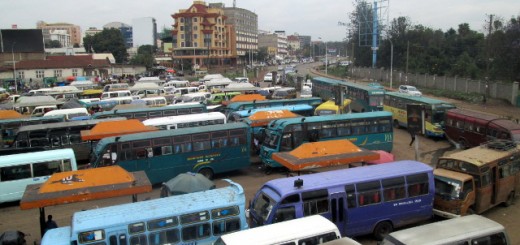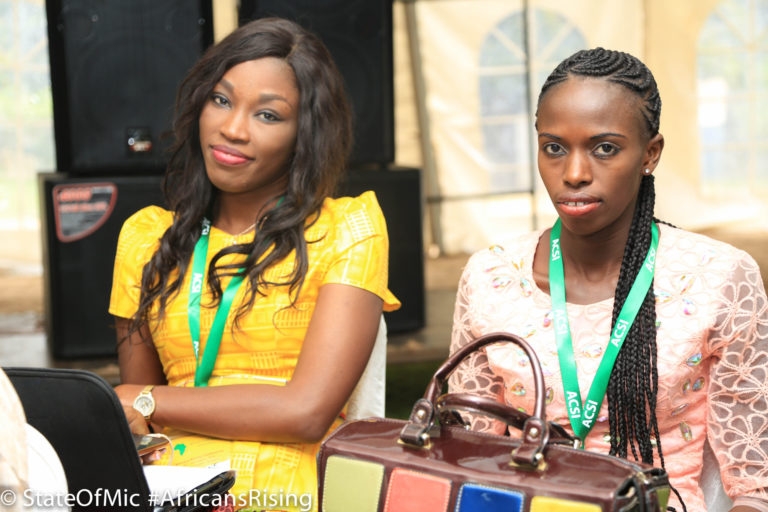Terms of Reference to Undertake a Regional Assessment of Justice, Peace and Integrity and Mapping of key actors for equality of Justice, Peace and Integrity
Introduction:
Africans Rising is a Pan-African movement of people and organisations, working for peace, justice and dignity. We are determined to foster an Africa-wide solidarity and unity of purpose of the Peoples of Africa to build the Future we want – a right to peace, social inclusion and shared prosperity.
Africans Rising would like to offer sustainable community organising paradigms and post-NGO organising models that coalesce/catalyse peoples self-defined and driven struggles. Africans Rising is desirous of bringing like-minded organisations and cross-border solidarity that can speak continentally and set an appropriate agenda for Africa.
Our vision, outlined in the Kilimanjaro Declaration; is a decentralised, citizen-owned future that will build support and solidarity for local struggles, local leadership and immerse activists in the grassroots work of building social movements from below and beyond borders.
Africans Rising amplifies broad demands connecting struggles, building solidarity & cooperation within & amongst campaigns for social, economic, environmental and gender justice. We do this with movements, people, civil society organisations, governments, artists, business, and others – based on a shared support for the Kilimanjaro Declaration.
As a growing movement, with a broad Pan-African remit, we are currently focusing on initially building the movement while paying due attention to the myriad of challenges that confront the people of Africa – ranging from freedom to express themselves to political impunity and the corruption that this engenders…rendering accountability as a near impossibility.
Objective of Assessment:
Many Governments in Africa are too weak to carry out the main functions of government which inter alia include, provision of public goods, control of the elites and wealth distribution. Countries can only be able to do these functions when they can guarante equality of justice : ensuring equal application of the Law. The rule of law and fidelity to the Constitution are vital to avoid the phenomena of what renowned Nigerian Scholar Nwabueze called the “Africaness of the Presidency – which is a Presidency that is largely free from limiting constitutional devices and restraint mechanisms.
Laws, rule of law and the independence of the Judiciary provide refuge to the weak and poor when they seek protection, justice and redress.
The Ibrahim index of African Governance (IIAG) defines governance as the provision of the political, social and economic goods that a citizen has the right to expect from his or her state, and that a state has the responsibility to deliver to its citizens. The IIAG assesses progress under four main conceptual categories: Safety & rule of law, participation & human rights, sustainable economic opportunity and human development.
The equality of justice, laws and rule of law has a major bearing on political and civic space. Political space is central for people living in poverty to actively fulfill their rights and address their grievances. However, in most of the countries, political space is shrinking. In many countries vague provisions in laws have been applied arbitrarily under the guise of public management, anti-money laundering, anti-terrorism, national security, public morals, defamation, protection of national sovereignty among others. A recent analysis by CIVICUS –World Alliance for Citizen Participation, showed that in 2015, significant violations of civic space were recorded in over 100 countries, up from 96 in 2014. Essentially this means that about 86% of the world’s population; or 6 out of 7 people live in states where their basic rights to freedom of association, peaceful assembly and expression are being curtailed or denied.
Africans Rising seeks to undertake a regional assessment of justice, peace and integrity on the African Continent. Africans Rising wants to see and support active people’s agency to practice internal democracy, protecting, expanding and enjoying their rights to civic space for just and equitable society. This requires us to be part of collective efforts, ones aimed at:
- a) Promoting peoples’ actions to protect and expand existing spaces and create alternative ones for engagement with governments.
- b) Contributing to the development and implementation of progressive policies, legislations, and actions that open up and consolidate political space at country, regional, and international levels; and
- This assessment should result in an overall determination of the state of justice and peace and integrity in the regional and how this enables the citizens to contribute to (a) and (b).
This assessment will contribute to the development of a ‘people’s action guide enabling interested citizens to engage with the state in ensuring that there is dispensation of justice, and that Africans can live in peace, with dignity.
Recent civic organising has shattered any illusions that the majority of Africans are passive or content with the status quo. Civil society organisations have found themselves unable to predict or add value to new expressions of frustration, discontent and anger. From #EnoughIsEnough campaigns of Nigeria, #Rhodes/Fees/ZumaMustFall of South Africa, to the struggles against #ThirdTermism in Uganda, Burundi and the Congo and even #mydressmychoice in Kenya, new and digital forms of organising are being led by young and fiercely independent leaders. These protest movements find international solidarity in the struggles against extra-judicial killings in North America (#BlackLivesMatter), rising anti-immigrant racism in Europe and a capitalist system that only benefits the 1% (#OccupyMovement).
Africans Rising seeks to draw lessons from the ability of activists to frame issues, offer compelling narratives and catalyze and coordinate mass action. We can learn from how they quickly build ownership and find resources across unlikely partners, yet remain decentralized and free of recognizable brands and leaders. The new movements are largely decentralized and driven by voluntary efforts, and are known to resort to civil disobedience and innovative spontaneity. Therefore as part of this assessment, we would like to map the different actors /movements in the regions that are engaged in ensuring equality of justice and maintaining peace and dignity.
Key deliverable:
- An analytical assessment of the state of justice, peace and integrity in the region
- A mapping of the different actors /movements in the regions that are engaged in ensuring equality of justice and maintaining peace and dignity
Timeline:
This assessment will be conducted over a period of 40 days spanning over October and November, 2017.

